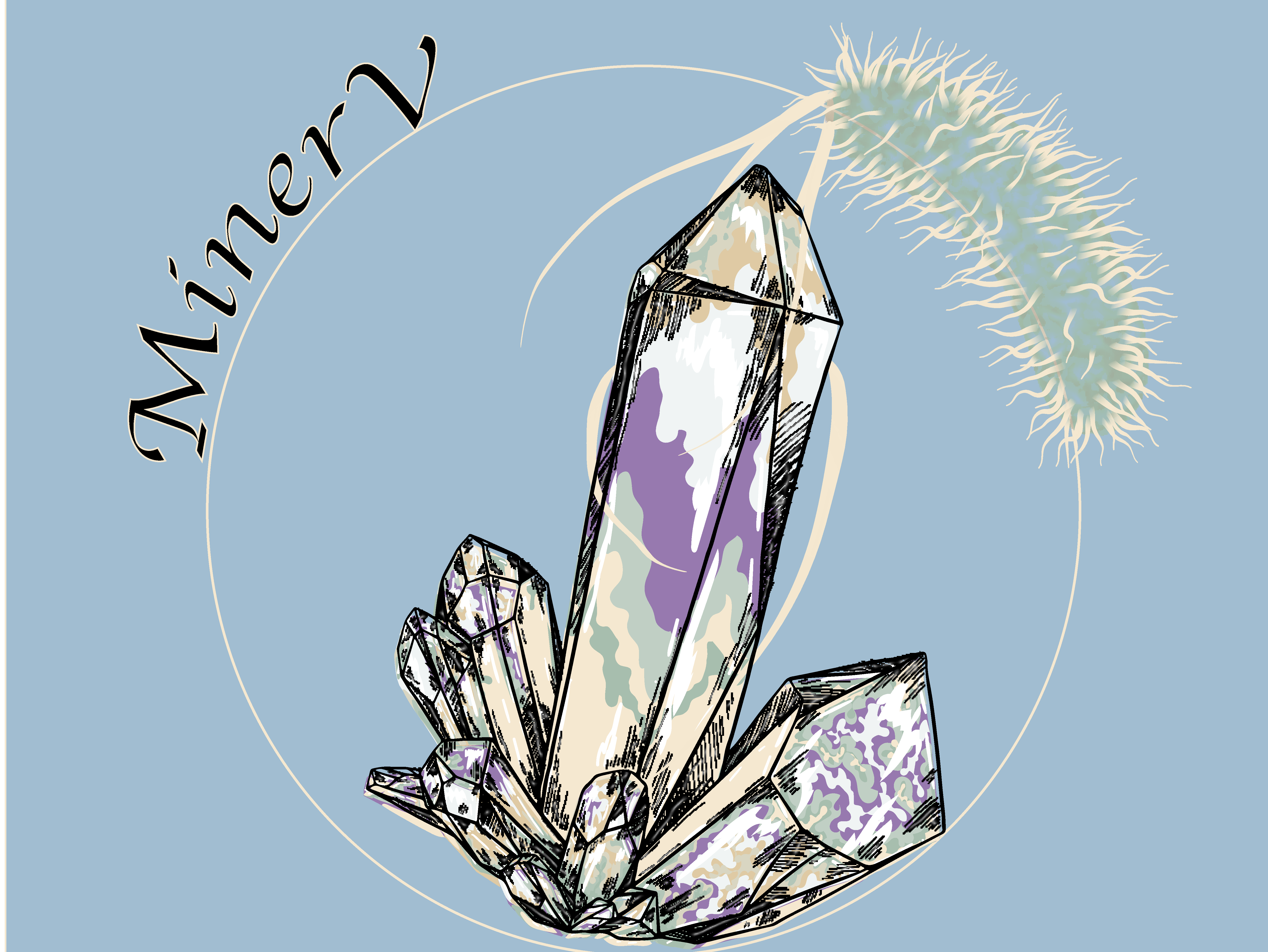We are interested in cryptic biogeochemical processes, in other words, those that are easily overlooked by traditional analyses involving the quantification of reaction intermediates or end products over time. Steady-state concentrations of certain redox species may arise from the balance between continuous oxidation and reduction reactions, and although concentration changes cannot be measured, their rapid turnover can play a key role in the environment and sustain highly active and diverse microbial communities. Our group specializes in the application of interdisciplinary approaches – borrowing methods from the fields of biology, geology, and chemistry – to solve complex environmental questions related to biogeochemical cycling.
Here you will find our ongoing projects!
Open Master’s projects:

Mobilization of iron and metals in aquifers. Processes mediated by microorganisms largely control contaminant mobility in aquifers. In particular, microbial reduction of iron oxide remarkably contributes to mobilizing iron and other hazardous metals, e.g., chromium, arsenic, and uranium, often absorbed on iron oxide surfaces. The occurrence and the rate of microbial iron reduction are mostly determined by the availability of organic carbon and oxygen. This project intends to grow a well-known iron-reducing bacterium Shewanella oneidensis in the presence of variable concentrations of organic carbon and oxygen. Different conditions encountered in natural systems are simulated, from shallow-sandy to deep-clayish aquifers. The impact of the different conditions on microbial activity and iron mobilization will be assessed using colorimetric assays, mass spectrometry, Total Organic Carbon quantification, and optical microscopy. The results will allow for quantifying iron-oxide reduction rates mediated by microorganisms in different scenarios and estimating iron and other metal mobility using geochemical modeling approaches.
Open Bachelor’s projects: please inquire directly for any customized projects applying sediment geochemistry, water quality, or microbiology…
- Comparative assessment of N2 fixation and greenhouse gas production by legume crops, invasive green alder, and natural N2 alder stands.
- Aulnus viridis is perceived negatively as it is rapidly recolonizing abandoned alpine pastures and contributes to N2O production, but this has not been contextualized in relation to other N2-fixing plants.
- Literature review of published data on N2O production by different plants with symbiotic N-fixing bacteria
- Investigating the role of bacteria in biomineral formation in the lakes of Zermatt
- application of sterile cultivation methods
- learning mineralogical and chemical analyses
- Monitoring microbiological water quality below alpine tourist infrastructures lacking water treatment systems
- several days of field work in Arolla or Val d’Entremont
- biological analyses in the laboratory
